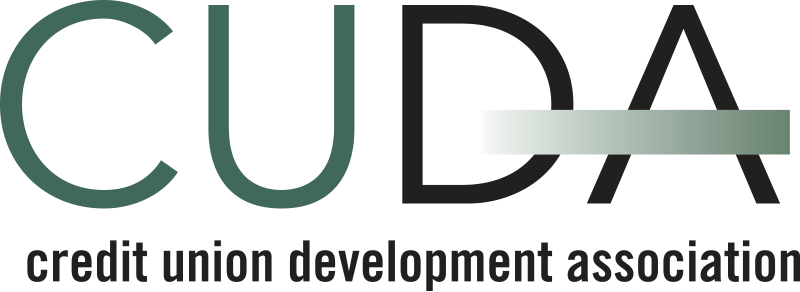CUDA are hosting a full day Compliance Training event including AML/CTF, Ethics & Data Protection on Thursday 31st October in Maldron Hotel Newlands Cross. Registration will be at 9.00am. If you have not met your annual mandatory training requirements to date, this is an opportunity for CU personnel to do so. This one-day event is open to all credit union personnel, directors, BOC, Management & Staff and we welcome your attendance.
The training will be provided by Motherway Consulting, – Presenters Bernie Rogers & Donal Motherway
A brief outline of the training is as follows:
AML/CFT for Credit Unions — 9.30am – 11.30am – Bernie Rogers
AML/CTF – Guidelines for the Financial Sector – September 2019- Central Bank expectations
Risk Based Approach
Nature and process of ML and TF; crimes, penalties, detection rates
Requirements under the CJAs and 4th MLD
Deter, detect and disrupt; key responsibilities of board, staff, MLRO
Risk assessment and policy response; AML/CFT controls
Suspicion and reporting; examples of suspicious activity
Q and A
Ethics for Credit Unions — 11.45 – 12.45 – Bernie Rogers
Co-operative ethics versus other approaches, including the “ologies”
Standards and conduct
Ethics+ and a VERY ethical decision-making framework
Discussion and cases
Data Protection for Credit Unions — 13.30 – 15.30 – Donal Motherway
Requirements under Data Protection Acts / GDPR
Setting policy and procedure
Practicalities of implementation and compliance
Specific issues arising from GDPR
What to do in the event of a Personal Data Breach
Q and A
CUDA ask that you register your attendees at your very earliest convenience to roisin.smith@cuda.ie.
5 Hours CPD are accredited from LIA/IOB/ILCU or this 1-day event

